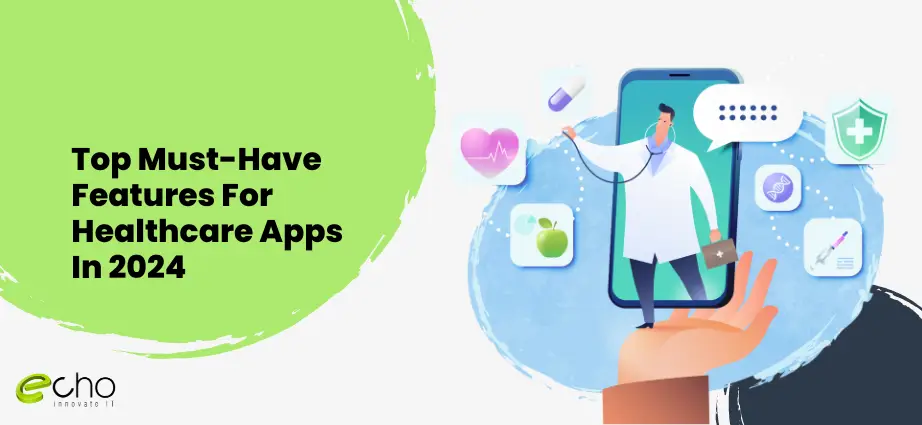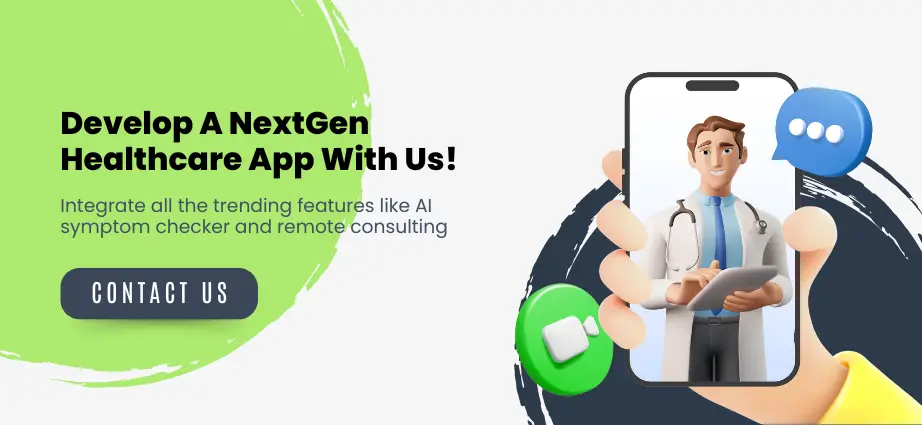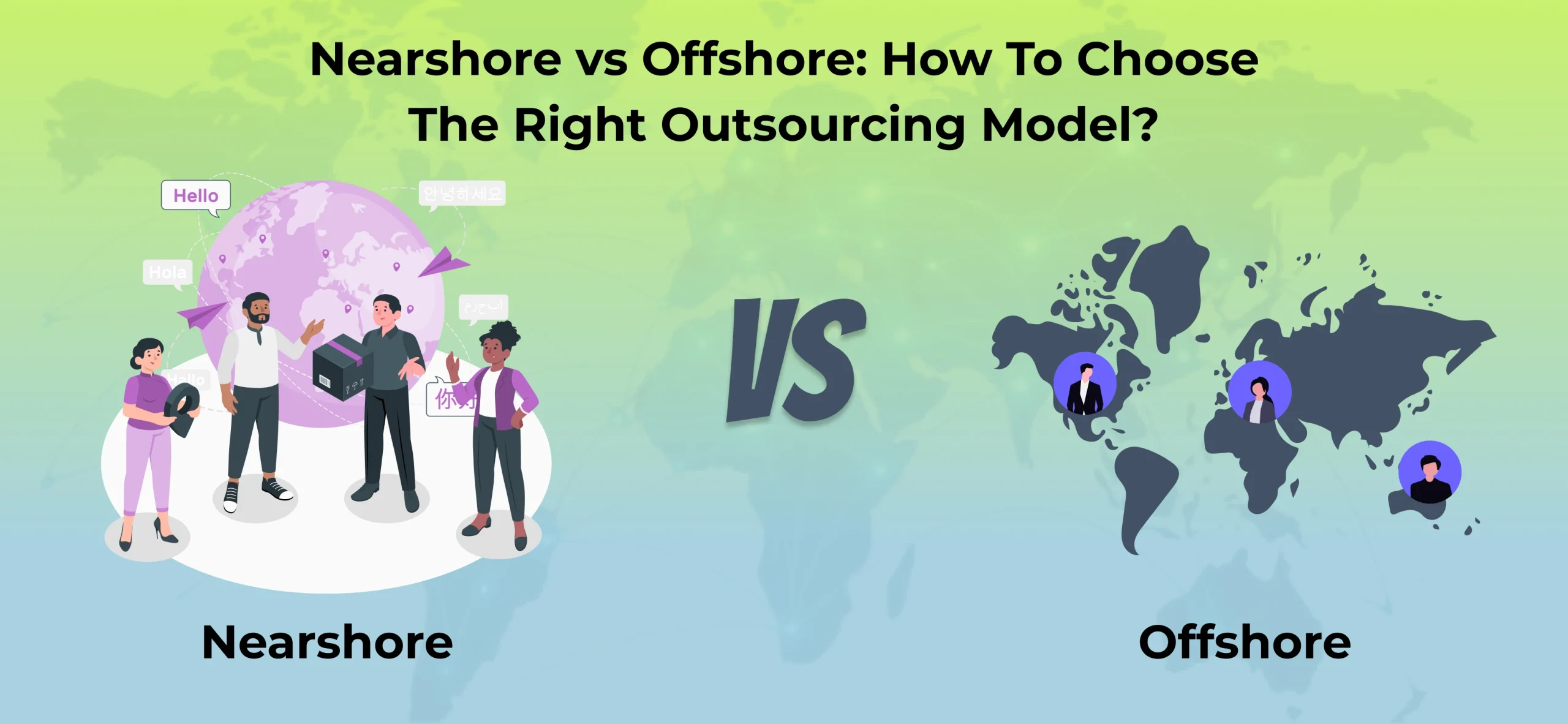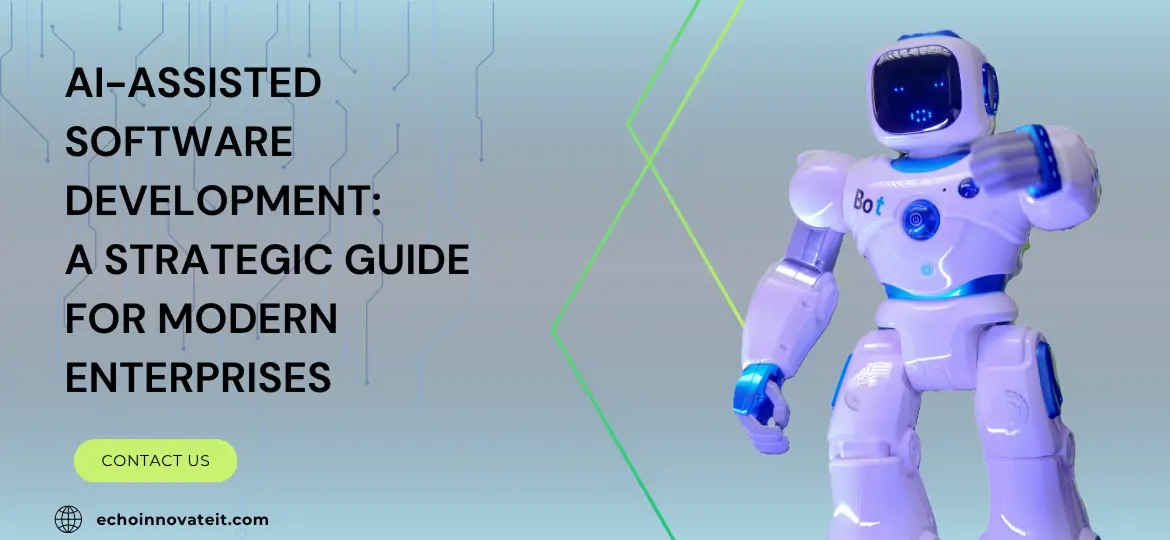Medical app development in healthcare has brought various benefits to doctors, therapists, and pharmacists. With the increasing number of medical applications, tasks ranging from information and time management to clinical decision-making have become more accessible. With smartphones and tablets, healthcare apps have a more significant opportunity to reach a larger population and provide e-consultations from one place. In addition, advanced app features like web searching, global positioning systems (GPS), high-quality cameras, and sound recorders can also be implemented.
The popularity of your healthcare app depends on various factors. It requires careful planning, choosing the right tech stacks, hiring a competent healthcare app development company, and, most importantly, adding unique features. In today’s blog, we will learn about some trending features you must add to your healthcare application in 2024.
Let’s find out!
Essential Features For Healthcare Apps: Enhancing Patient Care and Efficiency
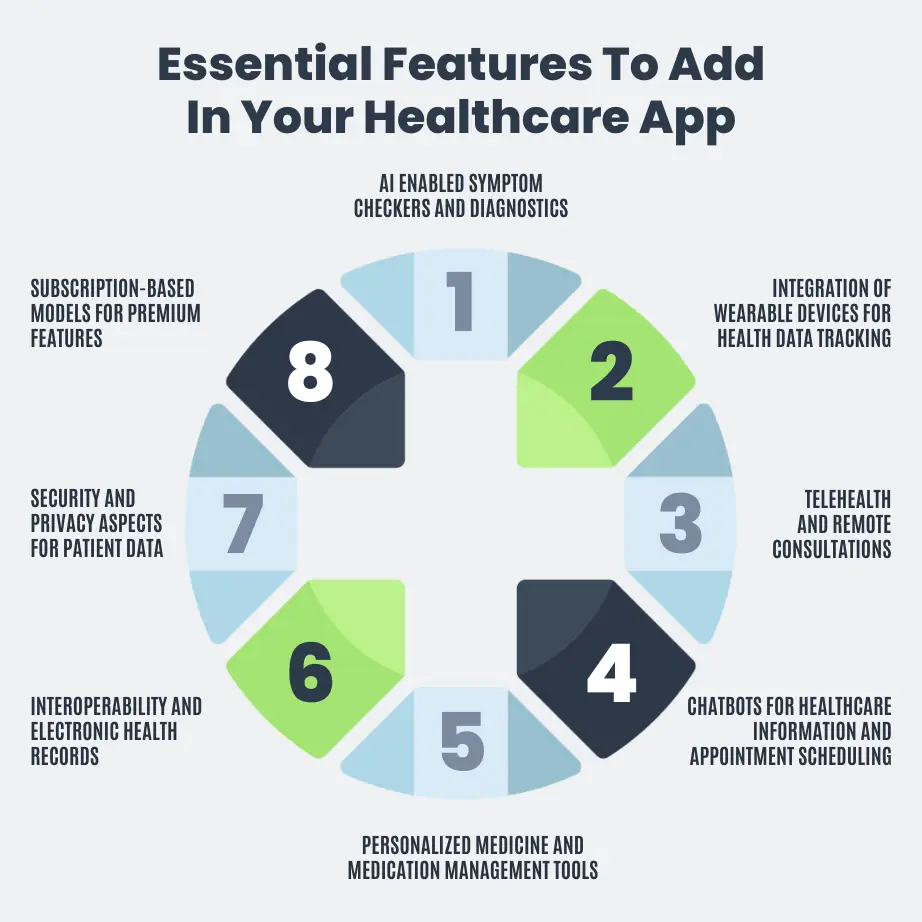
- AI Enabled Symptom Checkers and Diagnostics
- Integration of Wearable Devices for Health Data Tracking
- Telehealth and Remote Consultations
- Chatbots for healthcare information and appointment scheduling
- Personalized Medicine And Medication Management Tools
- Interoperability and Electronic Health Records
- Security and privacy aspects for patient data.
- Subscription-based models for premium features.
Also Check:
AI Enabled Symptom Checkers and Diagnostics
AI can process massive volumes of data generated by the healthcare business and give useful insights. Furthermore, it can manage multiple tasks as well as streamline and automate repetitive tasks over time, such as timely diagnosis, verification, CT scans, personalized therapy, drug development, and so on. These tasks require human intervention but can be addressed quickly with AI, reducing manual errors and human mistakes.
Furthermore, AI-powered chatbots in healthcare have grown in popularity since they assist healthcare providers in scheduling appointments and obtaining information on symptoms, drugs, and medical chores by serving as a virtual consultant for virtual care.
Integration of Wearable Devices for Health Data Tracking
Healthcare Android/iOS apps that use IoT and innovative wearable technology to constantly check health are top-rated. An excellent assortment of devices records personal parameters like heart rate, steps done, and calories burned, aiding in overall health maintenance.
Furthermore, wearable gadgets with IoT connectivity monitor patient health on behalf of medical practitioners, allowing them to provide immediate aid by acting as a bridge between the physical device and the cloud.
Telehealth and Remote Consultations
An intelligent healthcare app should have an enabled search filter to find doctors and consultants from remote locations. Users must have access to details like specialization, experience, reviews, consulting fees, education, and location of their doctors before appointing them.
An excellent clinical healthcare app can allow patients to quickly obtain e-transcriptions from their healthcare expert or provider, saving time and improving communication. Another advantage is the ability to pay securely with multiple payment methods. In an emergency, digital payment solutions allow for a rapid and flawless transaction at any time and from any location.
Chatbots for Healthcare Information and Appointment Scheduling
Appointment scheduling is an essential and efficient function that allows patients to schedule appointments with healthcare professionals easily. By implementing appointment scheduling features into a healthcare app, patients may access this service anytime and from any location, increasing convenience and accessibility.
Healthcare providers gain from streamlined resource management because they can assign time slots based on availability, lowering wait times and optimizing the use of healthcare experts, facilities, and equipment. Automated appointment scheduling reduces manual activities, reducing administrative burdens for patients and healthcare professionals alike.
This automation also reduces no-show rates, improves patient adherence, and allows healthcare personnel to manage their time more efficiently. Real-time visibility of healthcare providers’ availability enables patients to select the most appropriate appointment dates, supporting informed decision-making and boosting.
Personalized Medicine And Medication Management Tools
Consider an app that analyzes your DNA and lifestyle to provide meds with fewer side effects or treatment regimens tailored to your needs. This degree of personalized care has the potential to improve treatment outcomes significantly. Apps can assess genetic vulnerability to specific diseases and offer preventative or early detection tactics.
Apps that recognize your unique health profile might recommend individualized food regimens, exercise routines, or stress management approaches to help you manage chronic diseases more effectively. Advanced AI algorithms can scan large datasets to forecast potential drug interactions or identify people at risk for medication side effects, resulting in more targeted treatment approaches.
Interoperability and Electronic Health Records (EHR)
Electronic health records (EHR) facilitate interoperability by interacting with a large amount of patient information in existing hospital systems, following healthcare standard protocols. The EHR system can offer clinical context to communication, allowing for better informed and efficient decision-making. Interoperability for EHR systems contributes significantly to developing a healthcare ecosystem, providing a home for the robust exchange of health data and allowing data to flow back and forth.
While this will not happen simultaneously, it will be scalable as more systems integrate and healthcare facilities interoperate and exchange health data rather than keeping it on an isolated island.
Security and Privacy Aspects for Patient Data
Secure authentication mechanisms are required for healthcare records and information. These are useful for patients, healthcare professionals, and even hackers. Unauthorized access should be avoided at all costs; authentication for application-level security should be prioritized during development.
Initially, developers and owners should focus on developing, implementing, and testing app authentication. If there is a risk of illegal access, multi-factor authentication should be used.
Subscription-based Models for Premium Features
Subscription-based models are increasingly common for healthcare apps that want to generate income while providing valuable services to their customers. They offer a consistent and regular revenue stream, allowing app developers to invest in continuing maintenance, upgrades, and new features.
Premium services such as individual coaching, unlimited consultations, and access to unique content can dramatically enhance the user experience while justifying subscription fees. Subscription models can help patients and doctors interact more closely by offering continuing consultations, remote monitoring, and personalized feedback.
Subscription plans that capture user data can give developers significant insights into user behaviour and health trends, allowing them to modify app features and improve overall service delivery.
Conclusion
The global healthcare market is found to be approximately $37.48 billion in 2024 and is expected to grow by $86.37 billion by 2030. This showcases the promising growth of healthcare apps in the coming years. Suppose you are planning to develop your medical application in 2024. In that case, it is necessary to integrate all the trending features like AI-enabled symptom checkers, wearable devices, online prescriptions, virtual consulting, EHR, security compliance, and subscription models to make a top healthcare application for your business.
Feel free to contact Echoinnovate IT to learn more about the latest healthcare trends and create an excellent mobile healthcare application today.
FAQs- Top Must-Have Features For Healthcare Apps In 2024
What are some key considerations for developing a mental health app?
Key considerations include understanding the target audience, incorporating privacy and security measures, designing intuitive user interfaces, integrating evidence-based mental health resources, and ensuring compliance with relevant regulations.
How can mental health apps promote user engagement?
Mental health apps can promote user engagement through personalization, gamification, community support features, regular updates, behavioral tracking, and educational content.
What steps can mental health app developers take to ensure inclusivity and accessibility?
Developers can ensure inclusivity and accessibility by designing with accessibility in mind, providing multiple language support, offering customization options, ensuring compatibility with assistive technologies, soliciting user feedback, and creating inclusive content.
